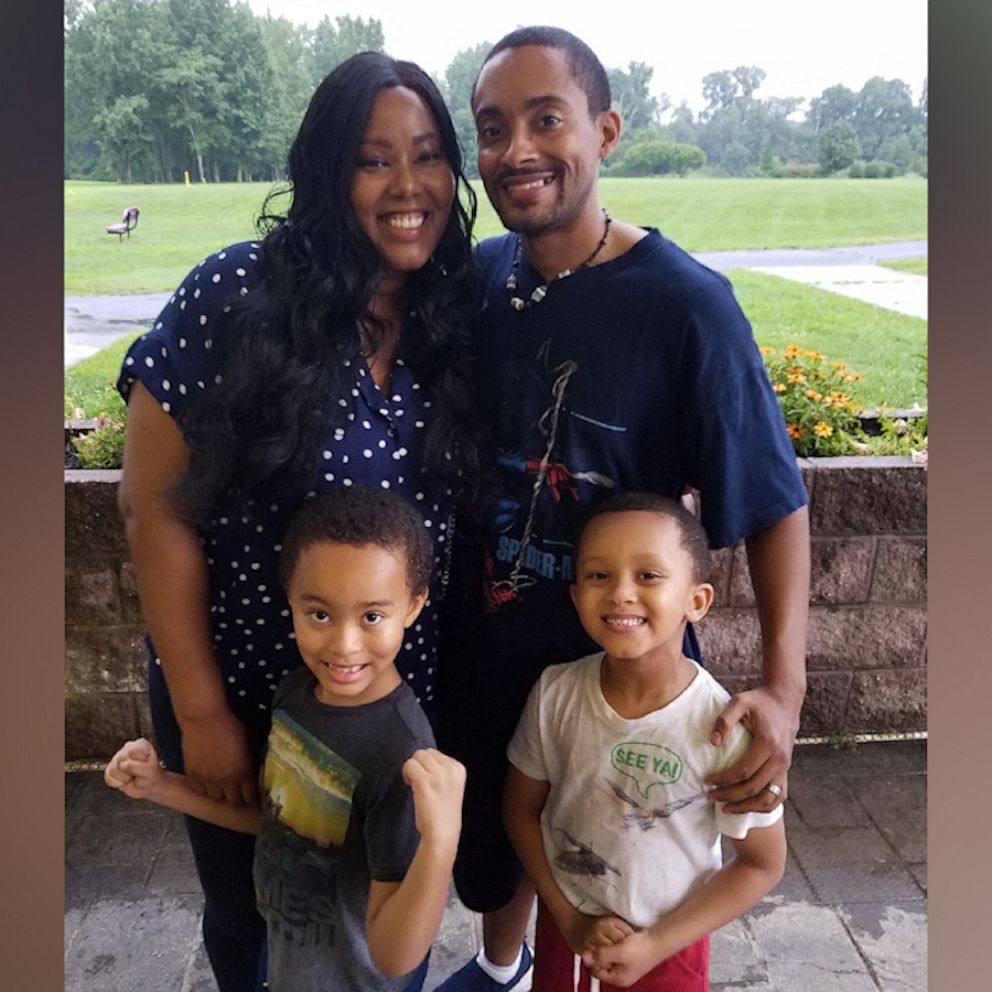Husband documents caregiving journey for wife with cancer to make others feel less alone
The Rathkopfs hope their images raise awareness about the cancer journey.
It was Anna Rathkopf's 37th birthday when she felt a lump on her breast. Two weeks later, she heard the news she never imagined. The mother of a then-2-year-old son, Jesse, had stage one triple-positive breast cancer.
"I felt the earth open, and I'm just in free fall," Rathkopf said.
Anna and her husband, Jordan, faced a daunting new reality, including chemo treatments, radiation and surgeries.
Jordan would become Anna's caregiver.
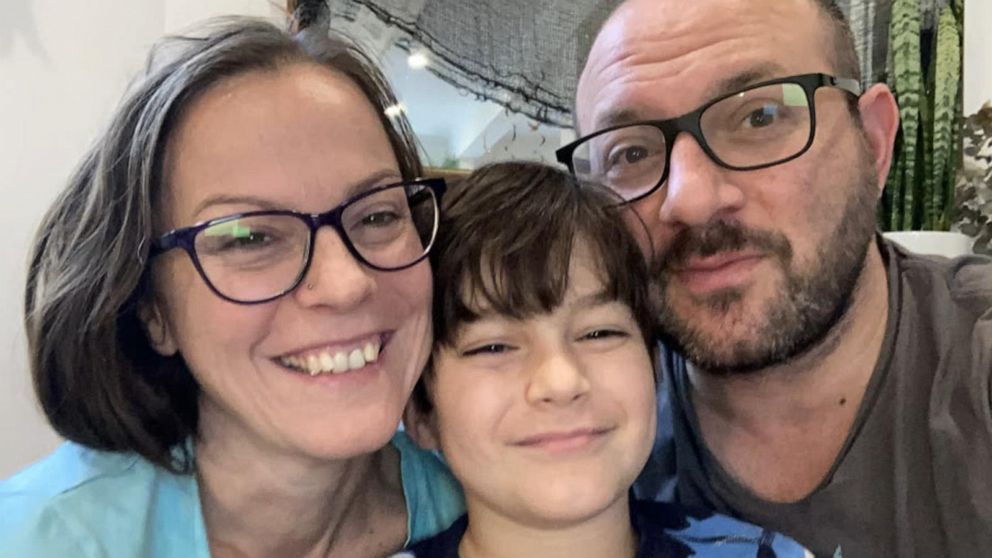
"Caregivers can provide practical support, helping with daily chores, preparing meals, driving to appointments," Susan Brown, a former oncology nurse and now senior director of health information and publications at Susan G. Komen, told "Good Morning America." "Providing emotional support may be a little harder, but really it's just being there, being still, listening, hand-holding ... reassuring the survivor you love them for who they are and not for what they do or how they look."
But Jordan said he often struggled and felt powerless trying to balance supporting his wife while keeping life stable for their son.
"I had severe anxiety," Jordan said. "We went to ask the social worker if there was a support group and they thought we meant for her and I was like, 'No, no, for me.'"
"Talking with friends, professionals or others who have been through this experience or who are going through a similar experience can be very helpful," Brown said. "But really the best way for caregivers to take care of a loved one is for caregivers to take care of themselves, because if they don't, they run the risk of becoming worn out or even resentful over time."
The best way for caregivers to take care of a loved one is for caregivers to take care of themselves.
To find strength, Jordan, a professional photographer, picked up his camera to tell a story they felt hadn't been told before. As he put it, "We couldn't find anything quite like it of a young family living through cancer."
Those images were eventually compiled into a moving photo essay and part of The Komen Blog.
The raw images reflected the Rathkopf family's high and lows. Whether it was snapshots of snow angels, candid moments cuddling with Jesse or that day Anna decided to shave her head, nothing was off limits.
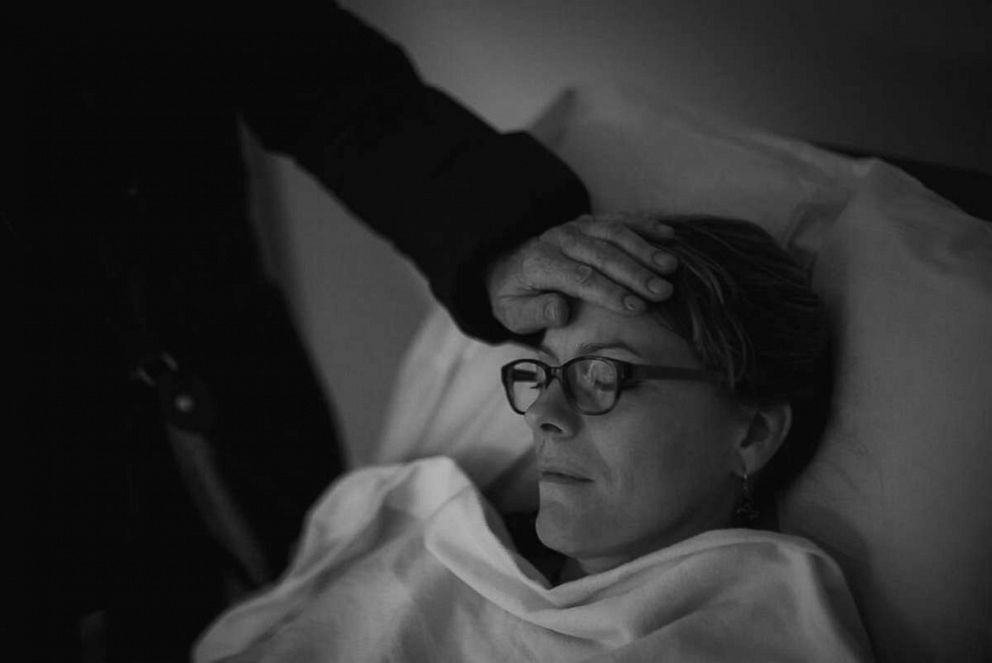
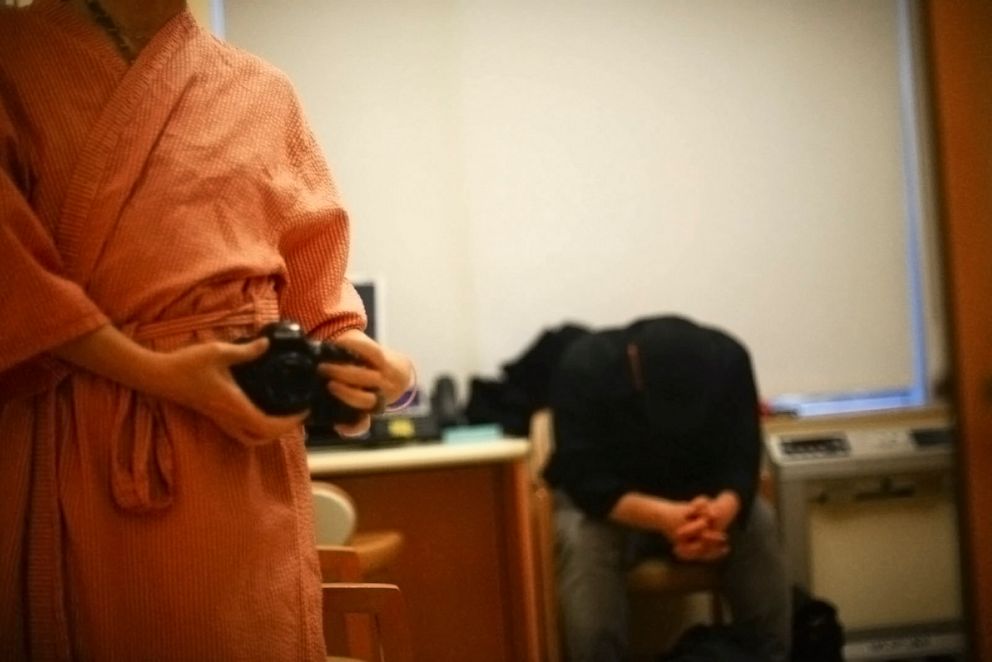
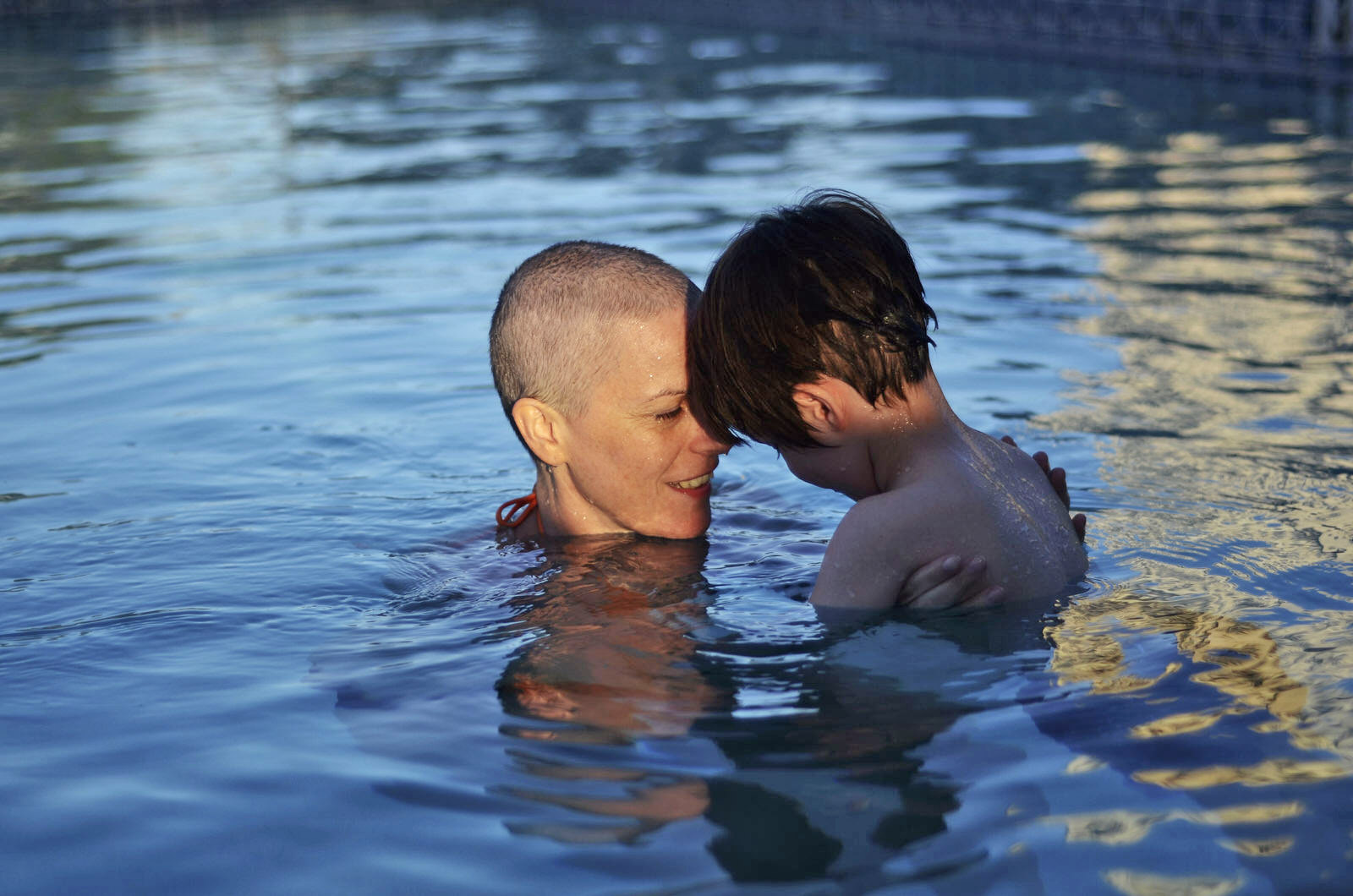
Their photos captured the hope and the heartache. Anna said it helped their family emotionally, but now she tries to connect to the woman before she was diagnosed with breast cancer.
The Rathkopfs hope their images raise awareness about the cancer journey for patients and their caregivers.
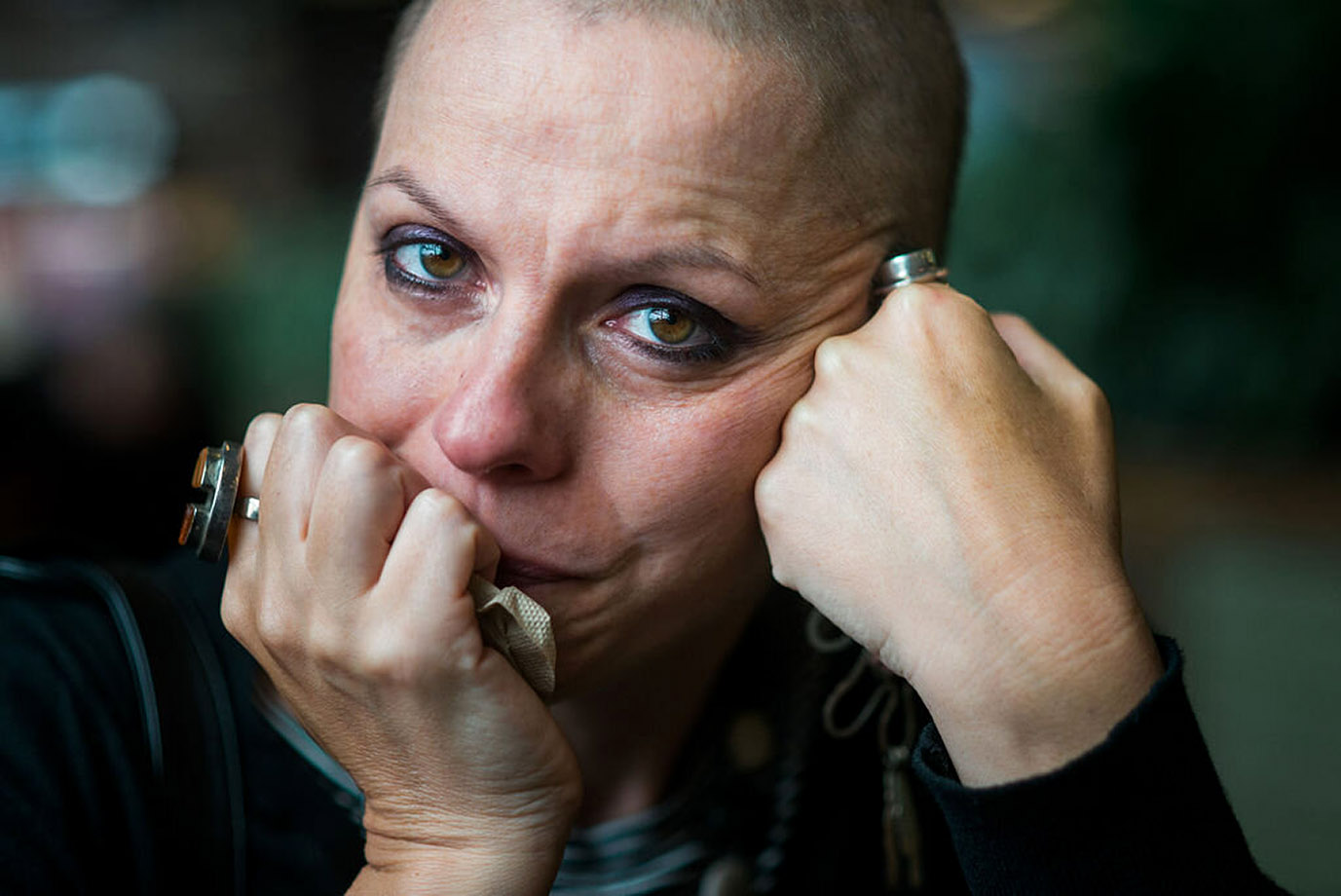
"I think what worked for me to get through this was to admit I needed help," Jordan said. "I was literally hanging on by a thread. I would just go into my heart and cry for hours because I didn't want anyone else to see me. Once I started going to therapy and medication, I felt like I was actually in a better place to help take care of my family, because I'm able to take better care of myself."
Research shows 50% of cancer caregivers said they experienced high emotional stress, according to the National Cancer Institute, and 43% said they needed help to manage it.
Now, Anna has no evidence of disease and is in complete remission. She will take Tamoxifen daily until 2028 to lower the risk of the cancer coming back, Jordan wrote in his blog.
"It changed the direction of our lives," Jordan said. "It's brought us together. It just cemented everything that we knew was there."

